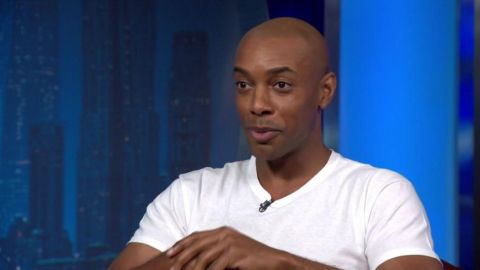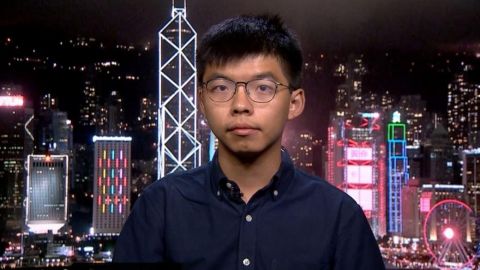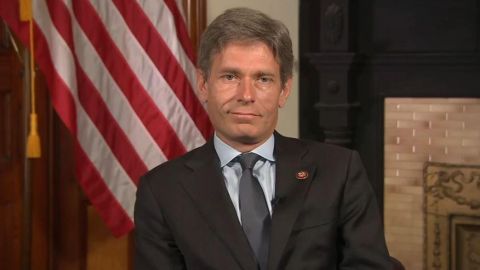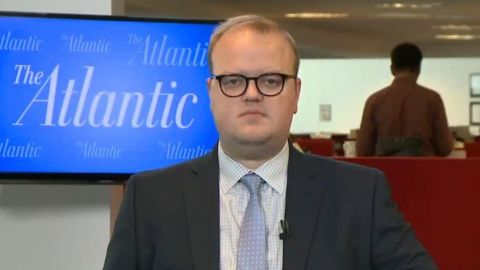Read Transcript EXPAND
CHRISTIANE AMANPOUR: Can I just ask you to explain the title of your article? Because it’s clear that we are right in the midst of these runaway conspiracies and it’s not just Epstein and we’ll get into another of the — others of dramatic ones that are abroad as well.
MCKAY COPPINS, STAFF WRITER, THE ATLANTIC: Yes. So, over the weekend when the reported suicide of Epstein came — became public, what I found fascinating was that the initial reaction across social media, especially, but also on other kind of high- profile media platforms was to rush to speculate and theorize about what was really behind this story, what was really behind his death. Now, of course it was natural to raise serious questions about what went on here and obviously, there are investigations now into that death. But it wasn’t just the online fringes which typically latch on to news stories like this and kind of spread conspiracy theories. It was people who had prominent perches in mainstream media, it was political figures and it was even, as you mentioned earlier, the president himself retweeting or engaging in kind of reckless or irresponsible conspiracy theories about what had really happened. And to me, I think that every element of this Epstein story, even before his death, just the allegations against him, the known facts of the case kind of illuminate the reason that conspiracy theorists are able to thrive in this American media ecosystem, and part of it is because, frankly, we have a culture of elite impunity and corruption and institutional failure that has lost the trust and the authority and American institutions once enjoyed.
AMANPOUR: I wanted to get deeper down into that. Because you wrote, basically, “You don’t have to believe in lizard people or baby eating politicians to understand why so many are looking at our leaders and letting their imaginations run wild.” And that sort of — we also heard of an official who said these conspiracy theories in America remind him of what you see in the developing world. I mean, you know, in third world countries where authoritarians or for whatever reason, you know, the whole place often exists on conspiracy theories and they become, you know, de facto truth. But why is that happening in the United States?
COPPINS: Well, I think you have to look back at America’s history. We enjoyed a good amount of time where the official gatekeepers and institutions in America enjoyed wide trust from American people. And that included mainstream media outlets, political leaders, police officers; basically all the big pillars of American society were broadly trusted. There were always people on the fringes who didn’t trust them but they enjoyed a lot of credibility.
About This Episode EXPAND
Christiane Amanpour speaks to Joshua Wong about growing tensions between Chinese officials and protesters in Hong Kong. Tom Malinowski joins the program to reflect on unrest in Hong Kong, Kashmir and Moscow. McKay Coppins discusses conspiracy theorists’ reactions to Jeffrey Epstein’s death. Casey Gerald sits down with Michel Martin to talk about his article, “The Black Art of Escape.”
LEARN MORE



